The latest trends and discoveries - Yoga, mindfulness and herbs
It is not by chance that the team of Dr. GoGo decided to include alternative medicine among its categories. In the following lines, we will highlight the positive statistics from recent studies in this field.

Increase in the use of complementary therapies
Alternative practices like yoga, meditation, massage, and acupuncture have been gaining more and more followers over recent years. This is clear from an analysis by one of the major statistical institutes in the USA, showing that the proportion of adults using at least one complementary health method increased from 19.2% in 2002 to 36.7% in 2022.

The largest increase has been among those practicing yoga and meditation – meditation has become established as the most practiced approach (17.3% of adults in 2022 compared to 7.5% in 2002).
The reasons include accumulating scientific evidence of their benefits (particularly in managing chronic pain as well as their benefits in coping with stress and anxiety), along with their broader acceptance, even being covered by some insurance plans (e.g., acupuncture in certain conditions).
Mindfulness meditation equally effective as medication for anxiety
Scientific studies increasingly confirm the effectiveness of certain alternative medicine practices. An impressive example is a large randomized trial published in JAMA Psychiatry, which found that an 8-week Mindfulness-Based Stress Reduction (MBSR) meditation program was just as effective as a leading antidepressant medication (escitalopram) in treating mild anxiety disorders.
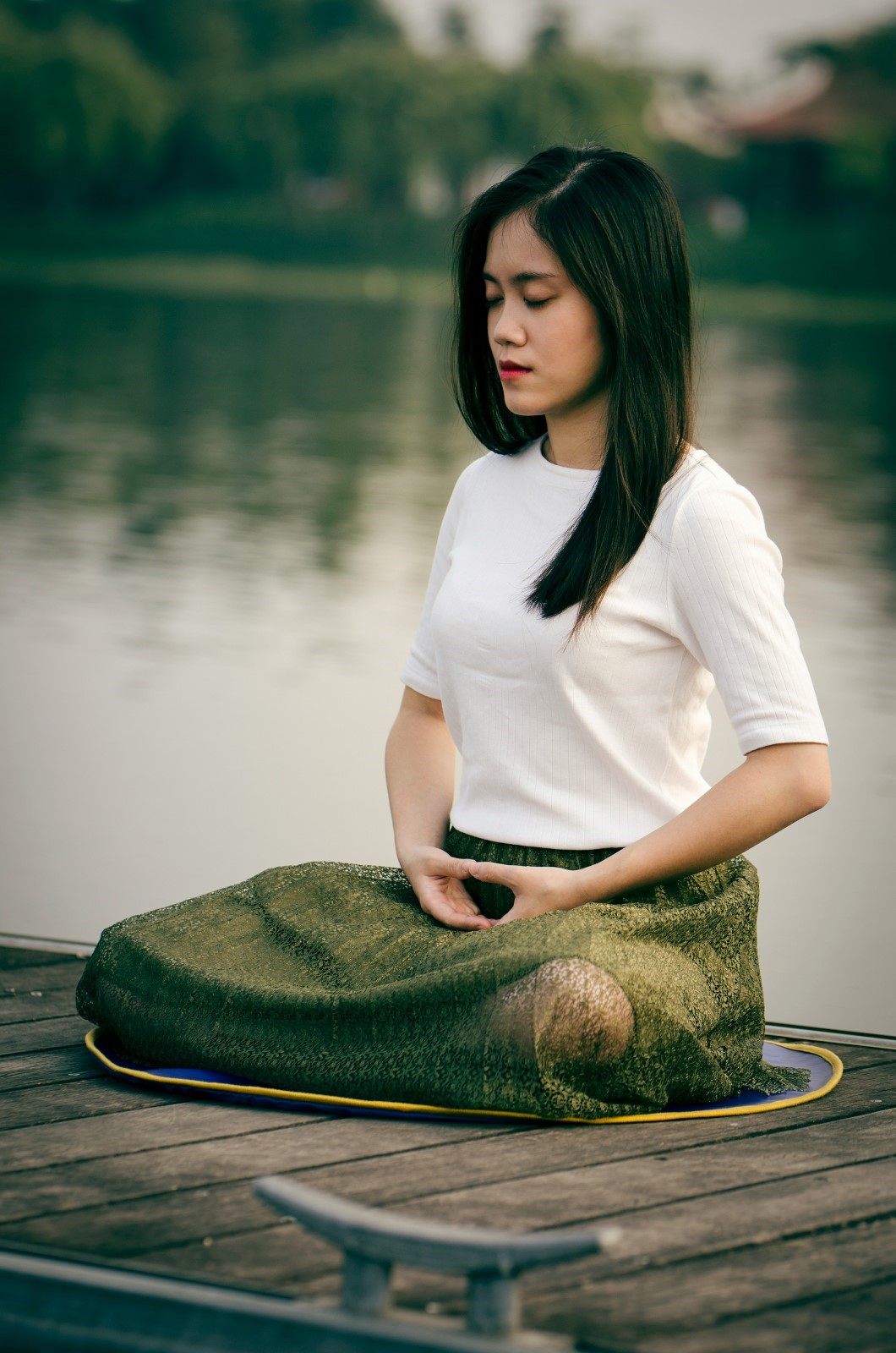
In other words, regular meditation can reduce anxiety symptoms to the same extent as standard medication therapy – a remarkable result that positions meditation as a serious treatment option for such disorders or at least as complementary to medication therapy aiming to reduce dosages.
Of course, such practices should be applied under professional guidance, especially in more severe cases, but this finding supports the inclusion of meditation and yoga as complementary methods alongside conventional therapies.
Herbs and supplements – evidence for their benefits
Interest in natural remedies – herbal supplements, essential oils, homeopathy, and others – is increasing. Experts remind us that some of these have limited scientific evidence of effectiveness and safety.

For instance, St. John's Wort has shown some effectiveness in mild depression, and peppermint oil helps with Irritable Bowel Syndrome (IBS), but other popular remedies (echinacea for the common cold, various "detox" supplements) do not demonstrate convincing results in clinical studies, making them mostly supplements that achieved results based on good marketing.
It is important for people to seek information from reliable sources and discuss the use of supplements with their doctor, especially because labels like "natural," "organic," "vegan," and similar ones do not always mean safe – interactions with medications or side effects are possible.
A new trend is that regulatory authorities are beginning to pay more serious attention to this sector, ensuring quality and accurate information for consumers.
Final Thoughts
The trends in recent years towards increasing popularity of alternative medicine practices such as meditation, yoga, herbal medicine, and others have their reasons. And while they have their benefits either as standalone methods for better health or as complementary approaches in more serious conditions, it is good to know that they should be used responsibly and with caution. Therefore, be smart! Be healthy! Read Doctor GoGo.

Sources:
Caballero-Gallardo K, Quintero-Rincón P, Olivero-Verbel J. Aromatherapy and Essential Oils: Holistic Strategies in Complementary and Alternative Medicine for Integral Wellbeing. Plants (Basel). 2025 Jan 29;14(3):400. doi: 10.3390/plants14030400. PMID: 39942962; PMCID: PMC11821193.
Cork PH, Elliott L, Trombley A. Meditation for Anxiety: A Holistic Approach to Treatment. J Holist Nurs. 2024 Dec;42(4):374-383. doi: 10.1177/08980101231217361. Epub 2023 Dec 18. PMID: 38111299.
Hu H, Mete M, Rustgi NK, Washington CI, Sanghavi K, Dutton MA, Simon NM, Baker AW, Bui E, Hoge EA. Mindfulness Meditation vs Escitalopram for Treatment of Anxiety Disorders: Secondary Analysis of a Randomized Clinical Trial. JAMA Netw Open. 2024 Oct 1;7(10):e2438453. doi: 10.1001/jamanetworkopen.2024.38453. PMID: 39382900; PMCID: PMC11581486.
Oft AC, Philip S, Holz E, Sathi S, Geng X, Hoge E. Effect of meditation or escitalopram on work performance in patients with anxiety disorders. J Affect Disord. 2024 Nov 1;364:104-107. doi: 10.1016/j.jad.2024.08.019. Epub 2024 Aug 10. PMID: 39134156.
Niemtzow RC. Herbs, Plants, and Acupuncture: Formidable Therapeutics in 2024 and Beyond. Med Acupunct. 2024 Oct 21;36(5):248-249. doi: 10.1089/acu.2024.0147. PMID: 39741760; PMCID: PMC11683387.
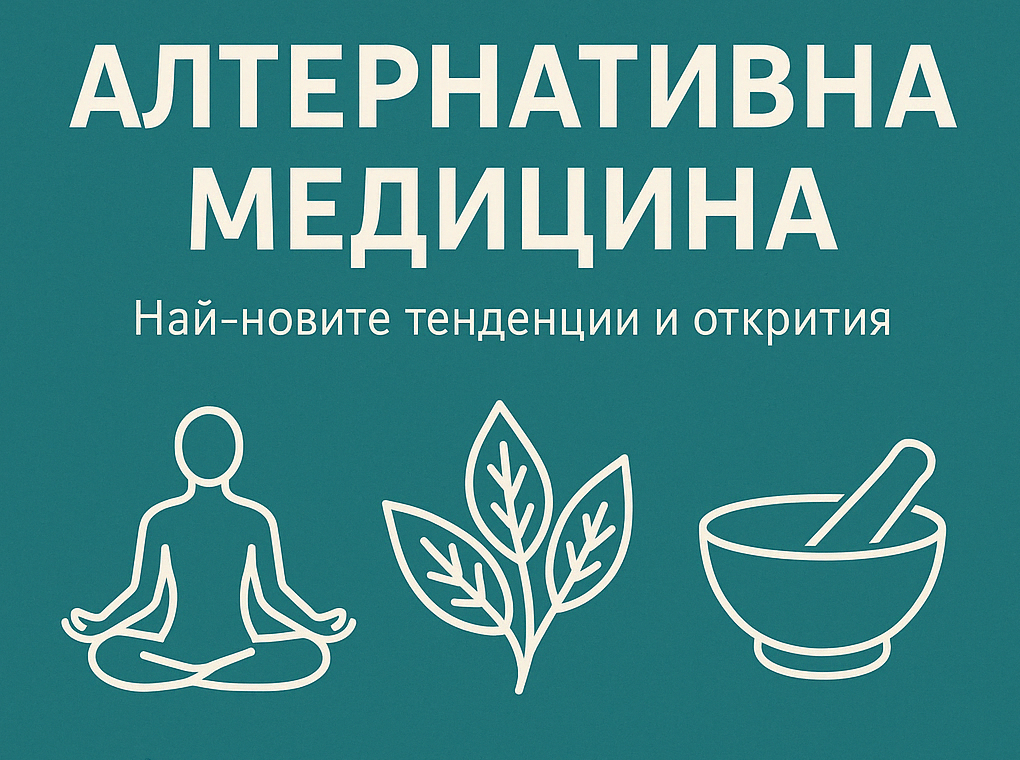
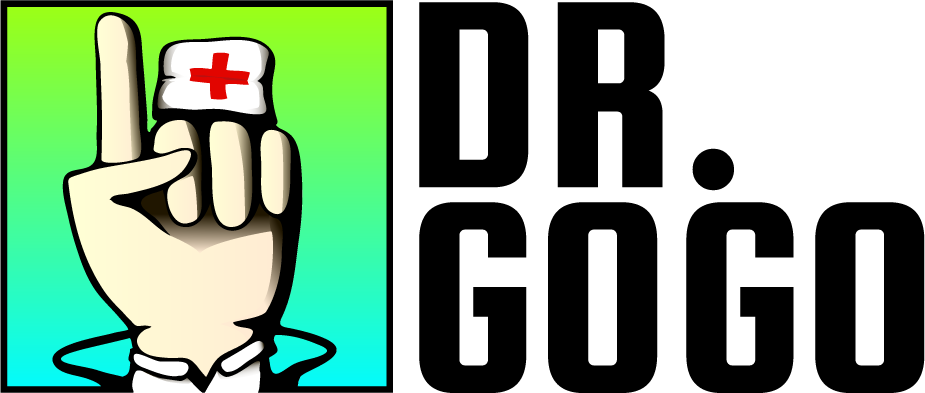

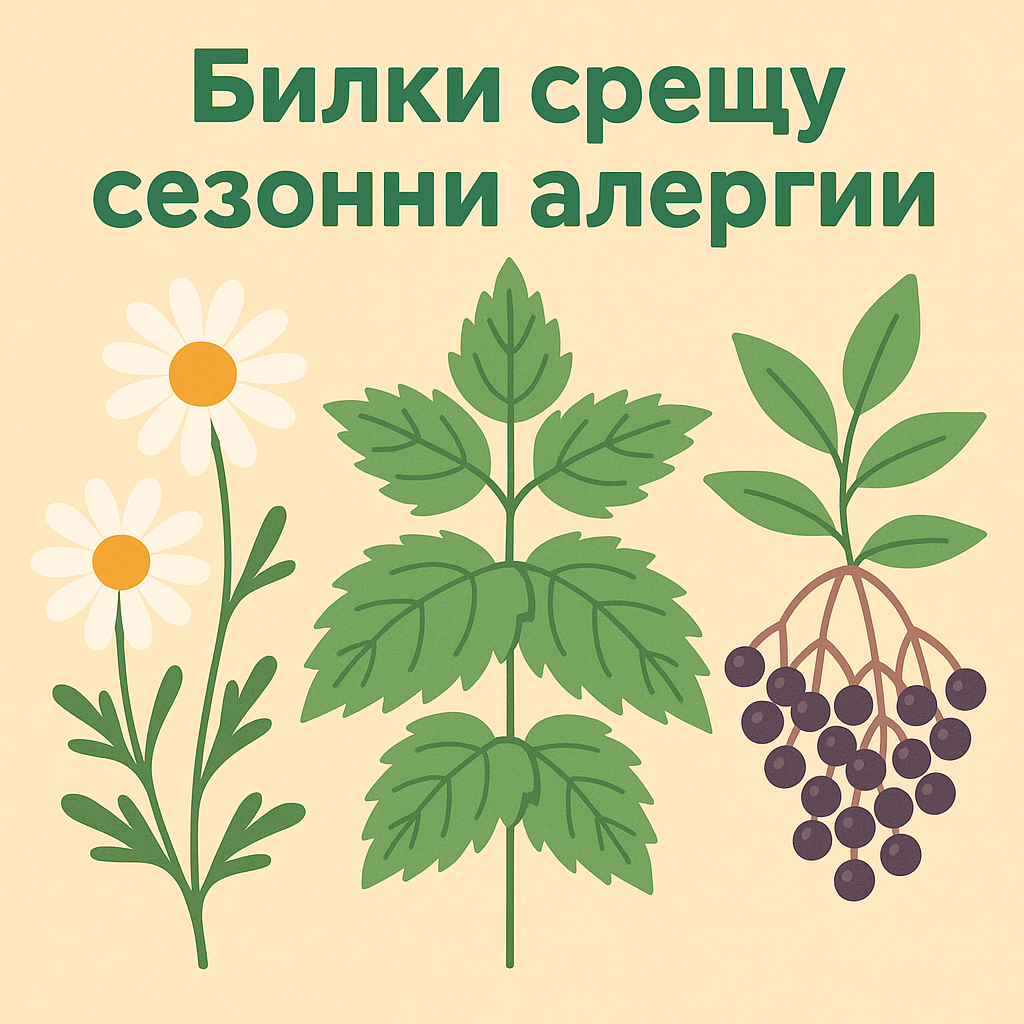
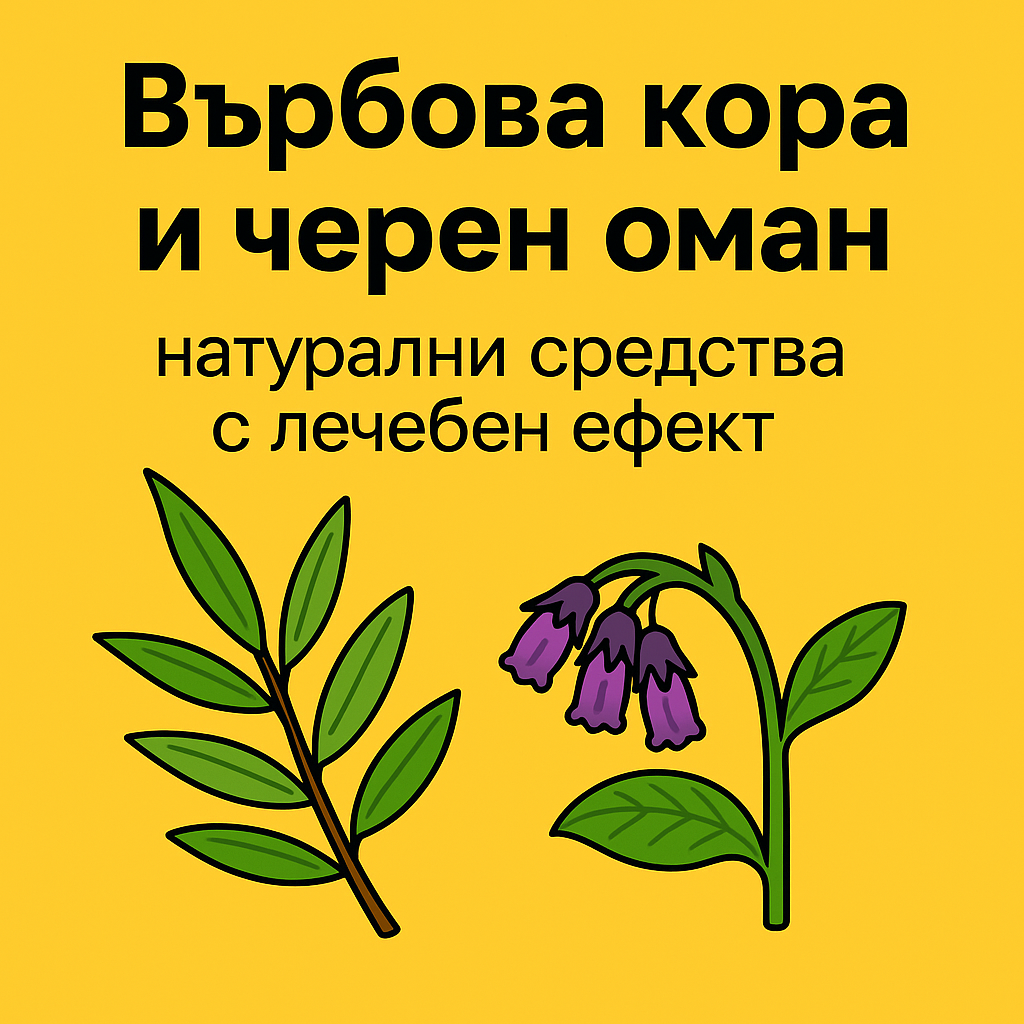
Comments